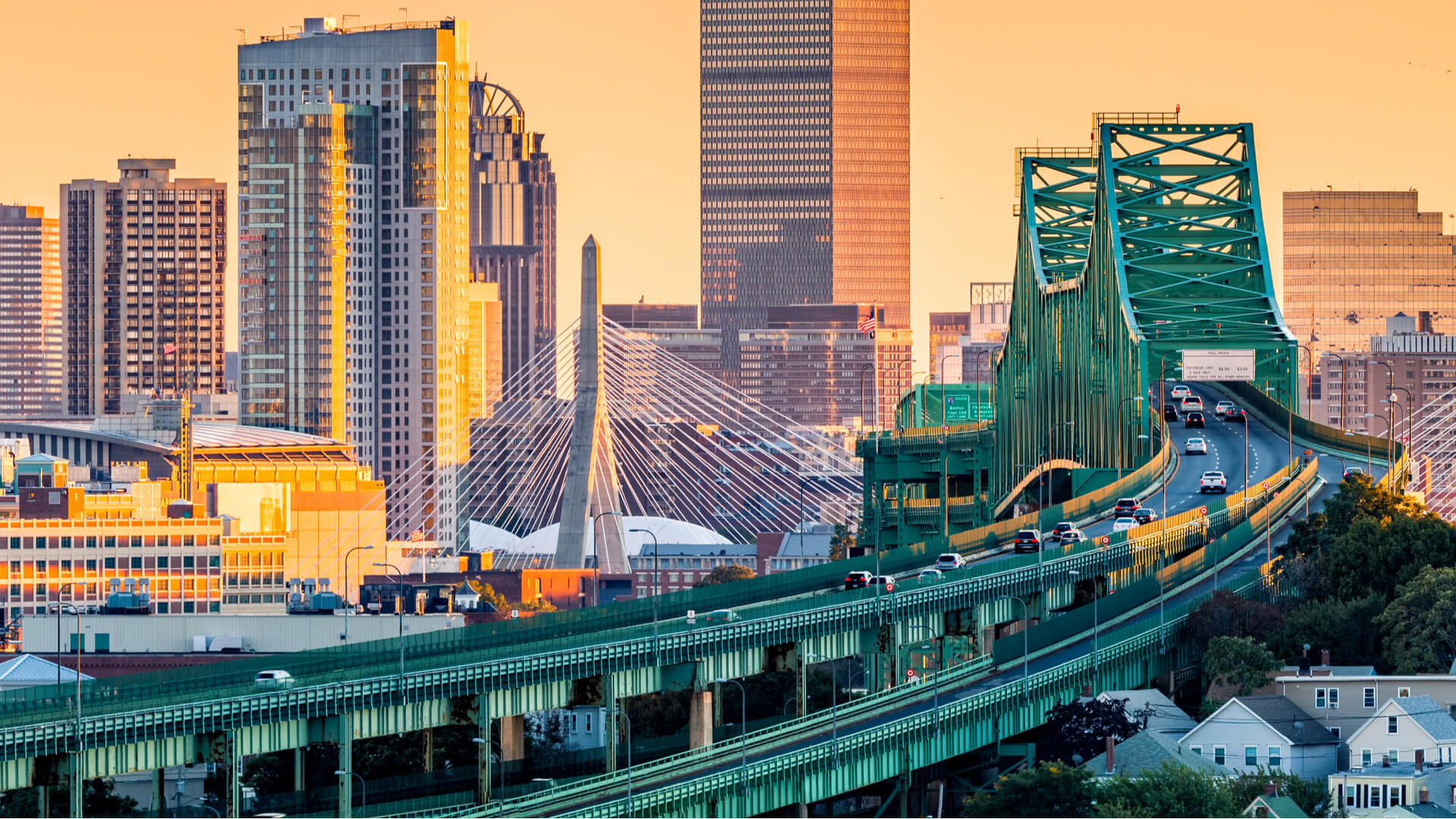The Language Barrier in the US
American English is the first language in the US, so expats will only need to contend with local idioms when it comes to everyday conversation. In many areas of the country, Spanish is also widely spoken, in fact it’s estimated that 13.4% of residents there speak Spanish at home. While it is not necessary to learn Spanish, anyone who will be living in a predominantly Hispanic area might benefit from learning a few terms and phrases from an integration perspective.
Weather & Climate
At around 9.8 million km² in area, the US is the third largest country in the world. As such, the weather vastly changes across the land. Places like Death Valley in California reach temperatures of around 50°C in the summer, and Alaska – at the other end of the scale – dips to -27°C in winter. Among the most popular cities for expats are:
- Miami – Coldest month: February (average 20°C). Hottest month: August (average 27°C)
- Houston – Coldest month: January (average 12°C). Hottest month: August (average 29°C)
- Chicago – Coldest month: January (average -6°C). Hottest month: July (average 23°C)
- Boston – Coldest month: January (average -2°C). Hottest month: July (average 24°C)
- New York – Coldest month: January (average 2°C). Hottest month: July (average 25°C)
Certain areas in the US are also prone to extreme weather. The hurricane belt that regularly affects the Caribbean also causes hurricanes and wild weather in the southeast of the US – specifically Louisiana, Florida, Georgia and North and South Carolina. The US is also home to ‘Tornado Alley’, the heart of which comprises Texas, Oklahoma, Kansas, Nebraska, Colorado and South Dakota. It is these areas that see more tornados than anywhere else in the US.
British Embassy in the US
| Address: | British Embassy 3100 Massachusetts Avenue NW Washington DC 2008 |
| Phone: | (+1) 202 588 6500 |
| Website: | https://www.gov.uk/world/organisations/british-embassy-washington |
| Office hours: | Local Time Mon-Fri: 9am – 4pm |
Emergency Services Contact Information in the US
| Emergency Service | Contact Number |
| Police Service | 911 |
| Fire Service | 911 |
| Ambulance Service | 911 |
Health in the US
There are no vaccination requirements for entry to the US, and the majority of the country does not pose any specific health threats. There is, however, purported to be a risk of Zika virus transmission in Florida, Texas, Puerto Rico and the US Virgin Islands.
Health services in the US are notoriously expensive, and so expats are advised to take out comprehensive health insurance. This could be from a British travel insurance company or a US-based company depending on the expat’s own situation. It has been reported that some hospitals request an upfront ‘deposit’ style payment upon admittance; however it is advisable to direct such requests to your insurance provider from the outset.
Driving while Living in the US
In general, the roads in the US are wide and well-maintained, so it is not a difficult country to drive in. It is a right-hand drive country, and the majority of cars are automatic.
There are three main types of roads; ‘interstate roads’ are akin to British motorways and Europe’s autobahns, and they have a speed limit of between 60 and 80 mph. ‘State roads’ run within specific states, and can be dual-carriage way style or small roads running through towns. State roads have speed limits which can be anything from 20 to 75mph. ‘County roads’ are looked after by individual counties rather than nationally or by state. They vary in size and style, and can sometimes be poorly maintained and unpaved.
One chief difference between driving in the US and many other countries is the lack of roundabouts. Instead of roundabouts, US roads tend to use ‘intersections’ and the traffic at an intersection might be dictated either by traffic lights or with stop signs. In the latter case, it is the driver who reaches a stop sign first that gets priority.
Another important aspect to note is that toll roads are common. These are usually found on roads before entering a city; New York for example has an entry toll fee of around $14 during peak times. Those driving long distances should be aware of this and carry change/cash in the car.
Getting your Driving Licence
Some states ask that foreign nationals who wish to drive there must have an International Driving Permit. Others only ask to see the licence that was issued in the expat’s home country.
Expats who wish to obtain a US driving licence need to contact the driving authority in the relevant state. As an example, expats living in Florida must apply for a local licence within 30 days of becoming a resident. The application process includes:
- Visit a local office to complete an application and pay the relevant fees
- Take vision and hearing tests
- Provide personal information documentation detailing your full name, date of birth, social security number, your US citizenship of proof of your legal presence in the country, your Floridian residential address
- Take a theory test
- Pass the practical driving test
- Have your photo taken and pay the fee for a full licence
Legal Requirements
The legal driving age varies between 16 and 18 depending on the state. Most car rental companies require drivers to be over the age of 21, and those aged below 25 are asked to pay an additional surcharge.
It is illegal to drive in any state if your blood alcohol level is over 0.8%. Punishment for doing so varies by state, and could be anything from fines and licence cancellation to imprisonment.
Other laws to be aware of are that drivers must stop at stop signs, and also it is legal to turn right at red lights – as long as there is no oncoming traffic.


